Britain & Ireland
The Tudors continue to fascinate and some of their story is told here along with the other dynasty of the period the Stuarts. Alongside those resources are the podcasts on the ideas that transformed British society during that period and created a United Kingdom for the first time. The industrial revolution is explored through poetry as well as technology. Religious collapse, change and diversity are all themes explored in this section. Read more
Sort by:
Date (Newest first) | Title A-Z
Show:
All |
Articles |
Podcasts |
Multipage Articles
-
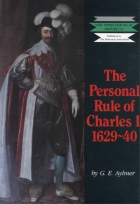
The Personal Rule of Charles I 1629-40
ArticleClick to view -

The Pilgrimage of Grace: Reactions, Responses and Revisions
ArticleClick to view -

The Reign of Edward VI: An Historiographical Survey
ArticleClick to view -
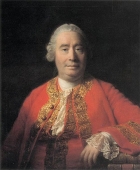
The Scottish Enlightenment
ArticleClick to view -
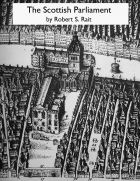
The Scottish Parliament by Robert S. Rait
ArticleClick to view -
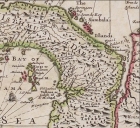
The Scottish dream of Darien
ArticleClick to view -

The Slave trade and British Abolition, 1787-1807
ArticleClick to view -

The Spanish Armada of...1597?
ArticleClick to view -
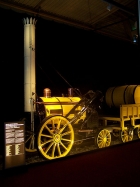
The Transport Revolution 1750-1830
ArticleClick to view -
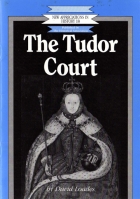
The Tudor Court
ArticleClick to view -
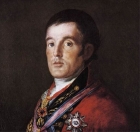
The Undergrowth of History
ArticleClick to view -
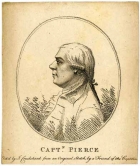
The Unfortunate Captain Peirce
ArticleClick to view -
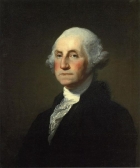
The War of American Independence
ArticleClick to view -
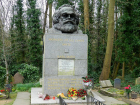
The burial dilemma
ArticleClick to view -

The changing convict experience: forced migration to Australia
ArticleClick to view -
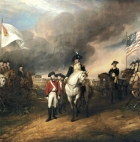
The effect of the loss of the American Colonies upon British Policy
ArticleClick to view -

The first trans-Atlantic hero? General James Wolfe and British North America
ArticleClick to view -

The myths about the 1745 Jacobite revolution
ArticleClick to view -

The ripple effect: reaching new readers
ArticleClick to view -

The role of Devon's militia during the Spanish Armada crisis
ArticleClick to view

